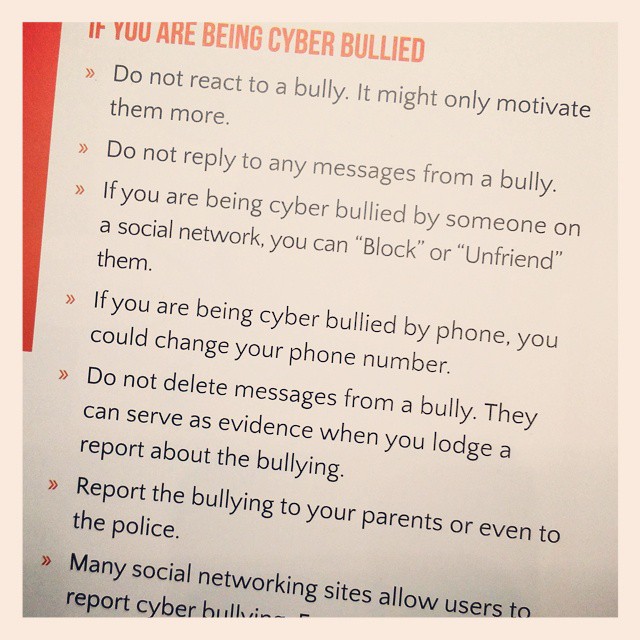Book Review by Rachel Dortin
Wayne State University
Preventing and Addressing Cybersexism
Those who had not experienced cybersexism often suggested that victims simply ignore or block their aggressors. However, Poland argued that this approach was largely ineffective because ignoring a cybersexist would not reduce the victim’s pain and suffering. Blocking the aggressor did not typically prevent them from attacking the victim; simply, the victim could no longer read their messages. Poland cleverly connected her own experience handling cybersexist attacks with those of other women to negate the ineffectiveness of current “best practices” in addressing digital abuse. Personal identification functioned as a rhetorical tactic; the reader would identify with Poland as both a victim of cybersexism and an authority on its related research. She described the instances in which she ignored her attackers; typically, these men created new accounts with which to continue their assault. In certain instances, she went to law enforcement. While many officers understood the grave nature of her attacks and wanted to help, they were unable to do much, given a limited understanding of cybersexism and resources which were even further limited. Furthermore, webpages themselves struggled to police cybersexism effectively, due to the sheer volume of reports and the difficulty of preventing an individual from creating new accounts under different pseudonyms to continue their assault. Solutions, such as those outlined below, often asked victims to recuse themselves rather than seek out the abuser.

Poland described each of the tactics listed above and coupled their description with an example of its ineffectiveness; she then suggested how we could start to prevent cybersexism while better policing its occurrences. In so doing, Poland’s activism took precedence over her scholarship—as it rightly should. Much like Julian Dibbell’s (2003) “A Rape in Cyberspace, or How an Evil Clown, a Haitian Trickster Spirit, Two Wizards, and a Cast of Dozens Turned a Database into a Society” started a conversation on virtual reality rape and safety on the internet, Poland’s Haters could potentially further the present discourse on cybersexism. To initiate this shift, Poland called for a “remixing of cyberfeminism” (p. 201) and asked her reader to revisit the largely unrealistic “utopian” ideologies of cyberfeminists in the 1980s to modify their work for more realistic application in the present day (p. 203). Given Haters publication with Nebraska’s popular press, she encouraged further research in the future without diving too deeply into critical discussion of cyberfeminist theory. Instead, Poland focused primarily on establishing connections with the common internet user.

